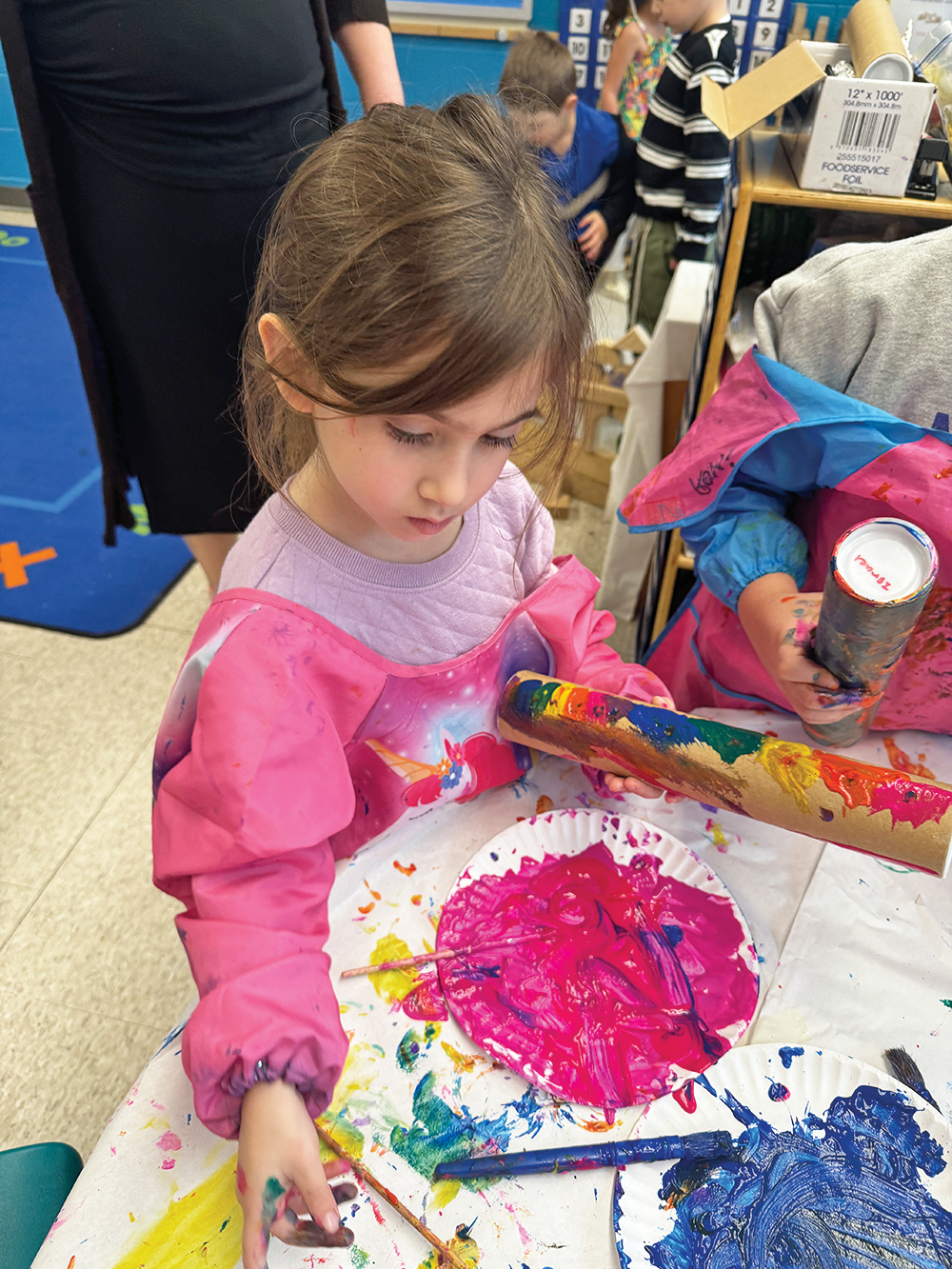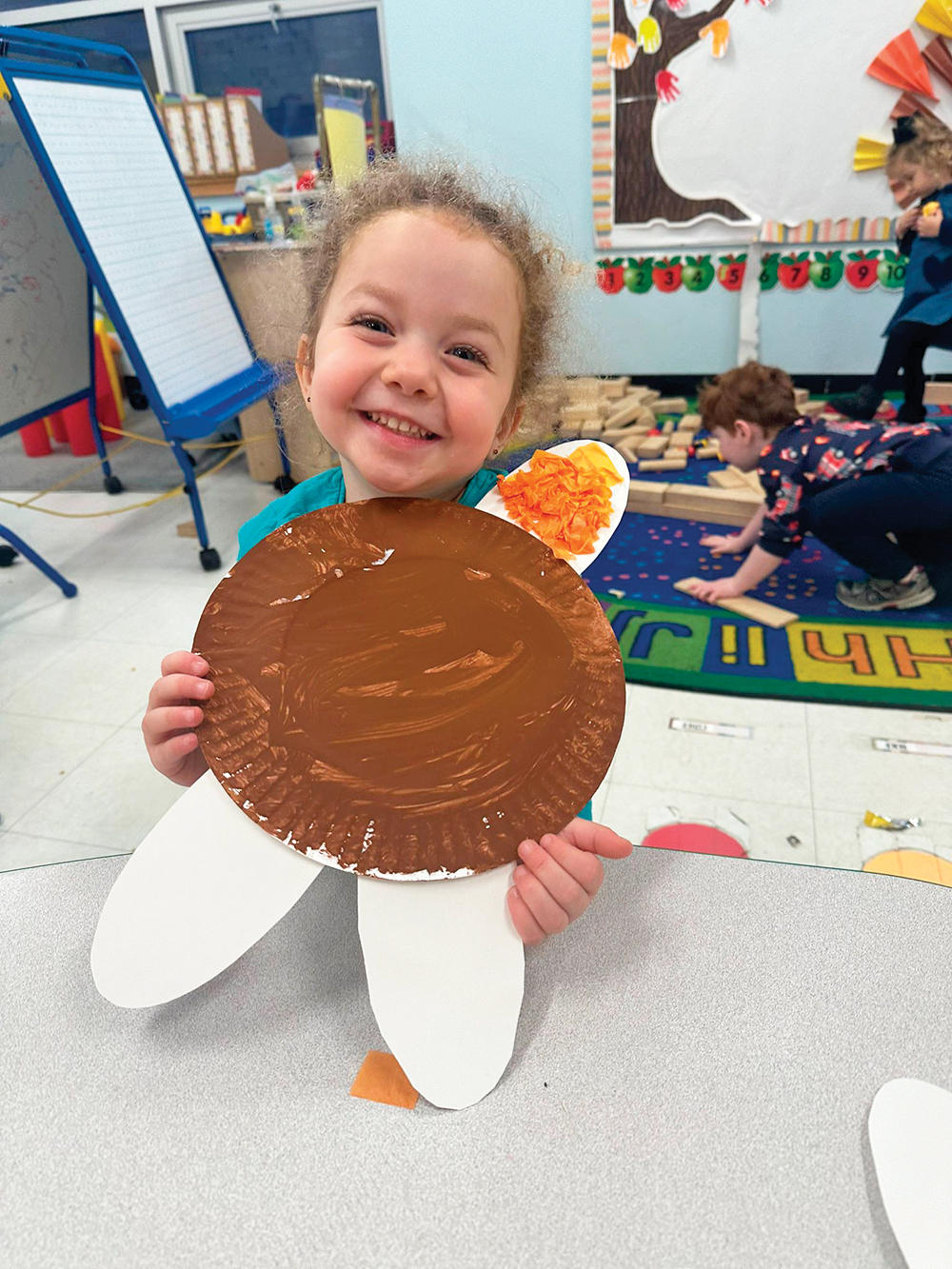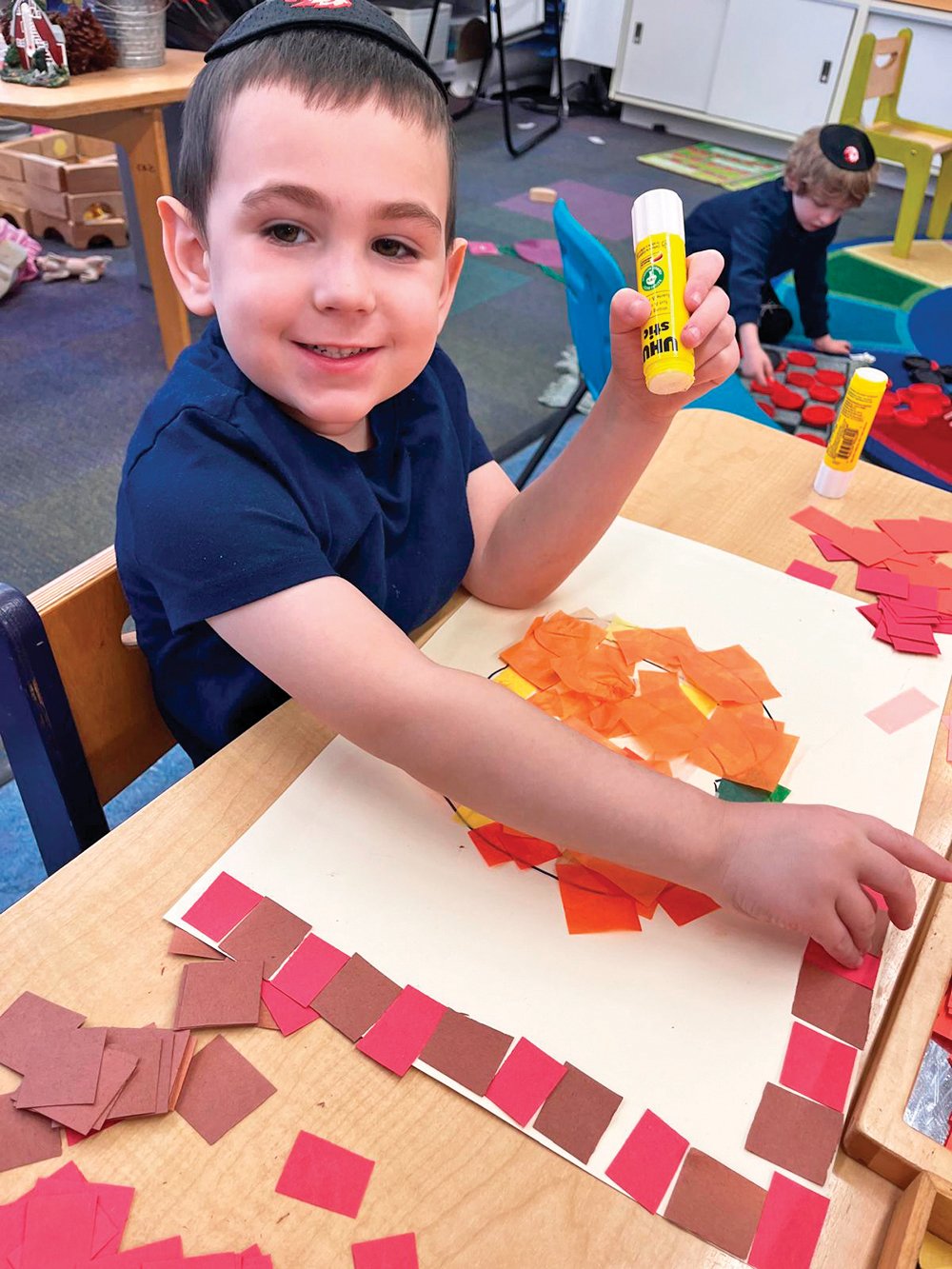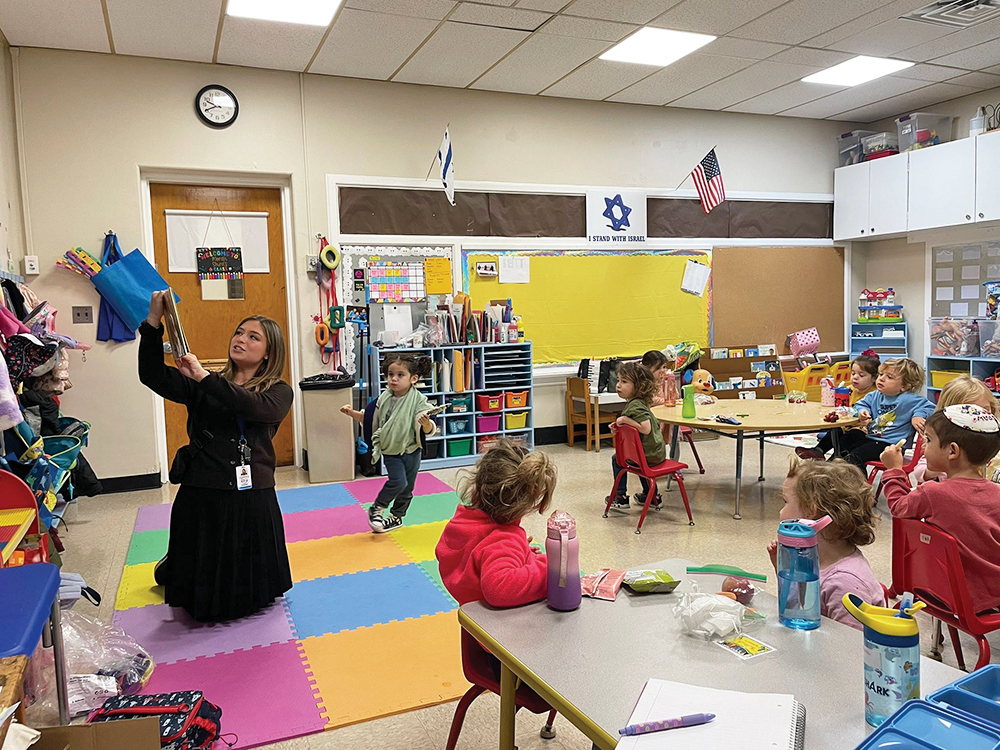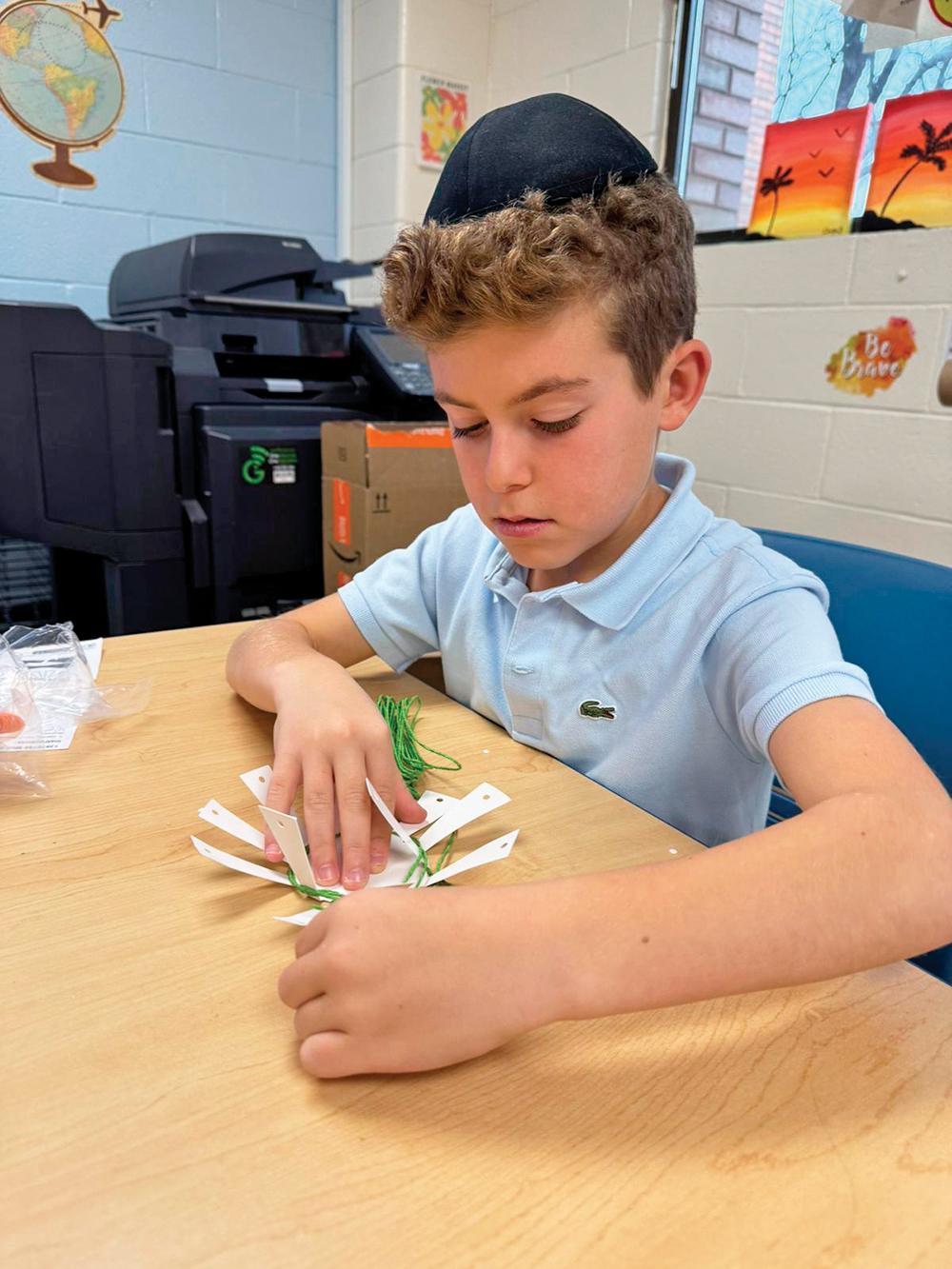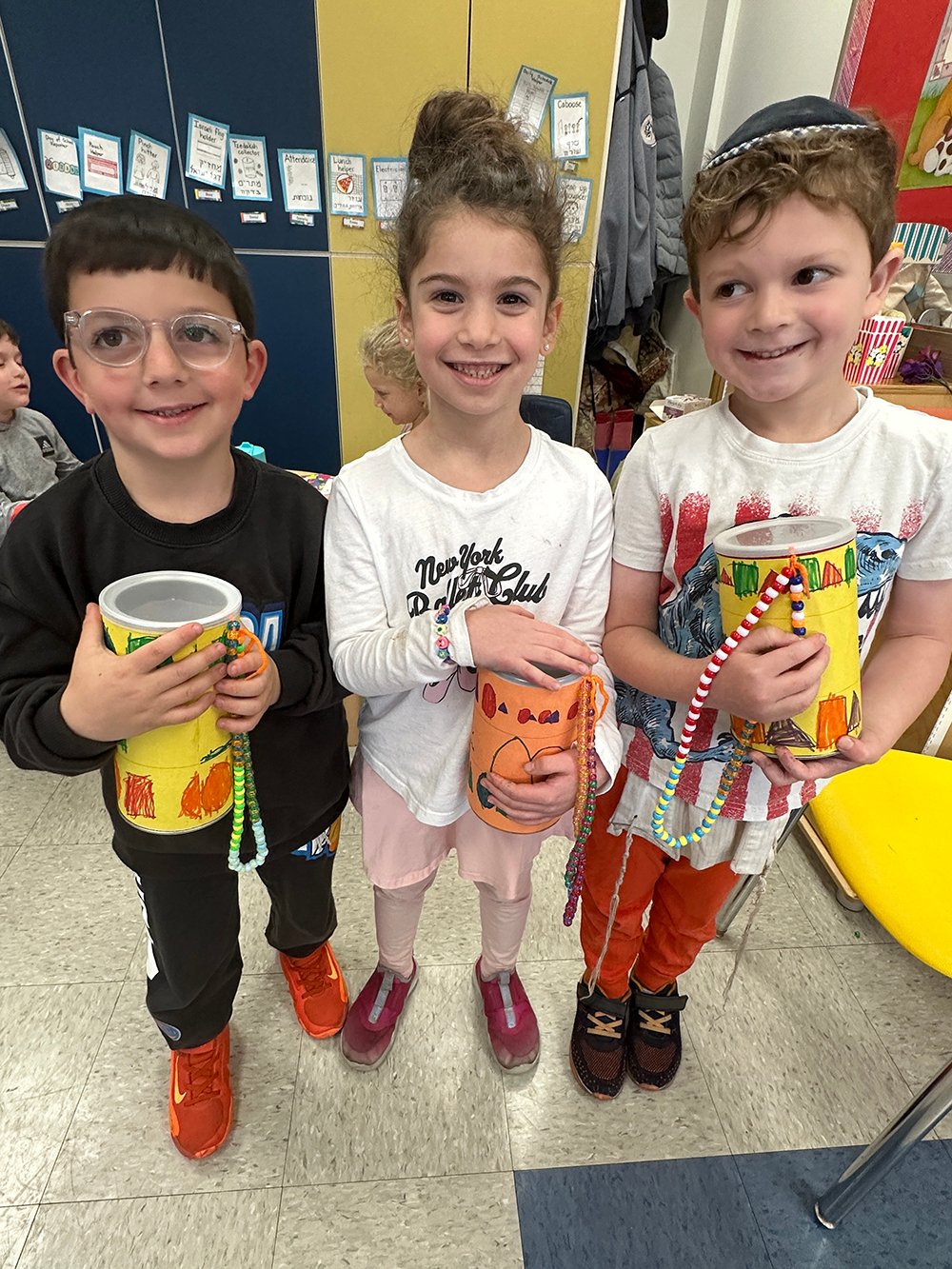The pain is still raw; the sense of shock still profound. Last week, on the eve of Lag B’Omer, as many of us were looking forward to attending local bonfires or other communal festivities either that very night or over the weekend, we began to hear and read reports of the terrible events that transpired at Meron, including the information that numerous people had tragically lost their lives, a horror compounded because of when and where it happened. A normal reaction to hearing such sad news—similar perhaps to when we learn of a terrorist attack or some natural disaster, rachmana litzlan—is to wonder right off the bat whether perhaps one of the victims is somebody we know. Where exactly did it happen? Was anyone we know there or nearby? But upon further reflection, we usually come to the rational conclusion that it is in fact highly unlikely that any acquaintance of ours was impacted. And definitely more often than not, that conclusion is correct. Of course, that does not make the catastrophe any less significant, but it remains distant; we certainly feel appropriate sorrow for those who were indeed directly affected but the tragedy does not really “hit home.”
For those of us at the Yeshiva University High School for Boys (MTA), and for people in the greater Teaneck/Bergenfield community, especially at Congregation Beth Abraham, last week’s calamity was different. This time, one of the victims was someone we knew. And not only someone we knew, but someone many of us were so very fond of and even loved. As a friend, a classmate, a student, someone we always saw in shul. Donny Morris, z”l, was one of those kids everybody liked—probably at least partly because he seemed to like everybody else. Since hearing about his petirah, I have been unable to get the picture of his sweet, smiling face, which radiated charm and friendship, out of my head. As the rosh yeshiva at MTA, I had numerous conversations with Donny during his high school years, most of them brief, but all of them punctuated by his wonderful smile and his delightful “everything is great” attitude. Yes, this particular tragedy has “hit home.”
What do we make of it? How do we move forward? I do not claim to have any greater insight than others, and there are undoubtedly people with appropriate credentials who can guide us, and indeed have been guiding us, as to how to cope. But I do wish to share a thought that I presented to our students and others, just in case somebody may find it helpful, meaningful and/or uplifting.
Upon hearing what took place at Meron, the pasuk that immediately came to my mind was one that we read as part of the haftarah on the morning of Tisha B’Av, the saddest day on our calendar. Yirmiyahu HaNavi declares, “For death has climbed through our windows, it has entered into our palaces, to snatch away children from outside and young men from the pathways” (Yirmiyahu 9:20). This time, death has indeed climbed into our windows, the windows of our own community, and entered into our palaces, one of our shuls and one of our yeshivos. And it has snatched away one of our children from outside, one of our young men from the pathways. An unspeakable and unfathomable tragedy, though very sadly, far from the first of its kind in our history.
Our response? Just three pesukim later, the Navi says that the truly accomplished person will acknowledge that “I am Hashem Who renders kindness, justice and righteousness on earth, for in these [attributes] I take pleasure…” In short, we must simply recognize that what Hashem does is by definition kind, just and righteous. That it is He Who drives the world; He has a plan and He knows what He is doing even if we are unable to comprehend it.
I say “simply recognize,” but in reality this is not simple at all. We want to ask why this happened, how it could happen, why him, how Hashem could do such a thing, who deserves the blame, and other good questions. But when all is said and done, and we realize that we are ultimately incapable of satisfactorily answering these questions, we have to exhibit our trust, our emunah, in Hashem. Most of us have learned and read and studied and heard lectures and shiurim about emunah and bitachon. We say with conviction that we fully believe that Hashem is in charge and that He does what is for the best in the long run. Most of the time, however, we commit to this in the abstract. Not that we don’t really believe it, but most of the time this conviction is not relevant in practical terms. But now it is. Everything we have learned and read and studied and heard about emunah has been to prepare us for challenging occasions like this, when we have to put our emunah into practice. No, it is not simple, but it simply must be done.
One way we can perhaps make things at least somewhat simpler is by working together. By being mechazek each other. By supporting each other. By being kind, just and righteous ourselves, especially in relating to others. Truly acknowledging that Hashem runs everything includes the recognition that everyone is in a certain place at a certain time for a reason. We need to appreciate this not only about ourselves but about others whom we “happen” to come upon. So when seeing someone else, let’s give that person a nice hello, a “Good Shabbos,” a friendly smile. One of Donny Morris’ classmates related that on the very first day of high school, Donny came over to him, never having met him before, and invited him to join him for lunch. If we too act with kindness, justice and righteousness, it will perhaps be just a bit simpler to acknowledge these attributes in Hashem, even during the most difficult of times.
Rabbi Michael Taubes is a rosh yeshiva at RIETS and Yeshiva University High School for Boys, and rav of Congregation Zichron Mordechai in Teaneck.



